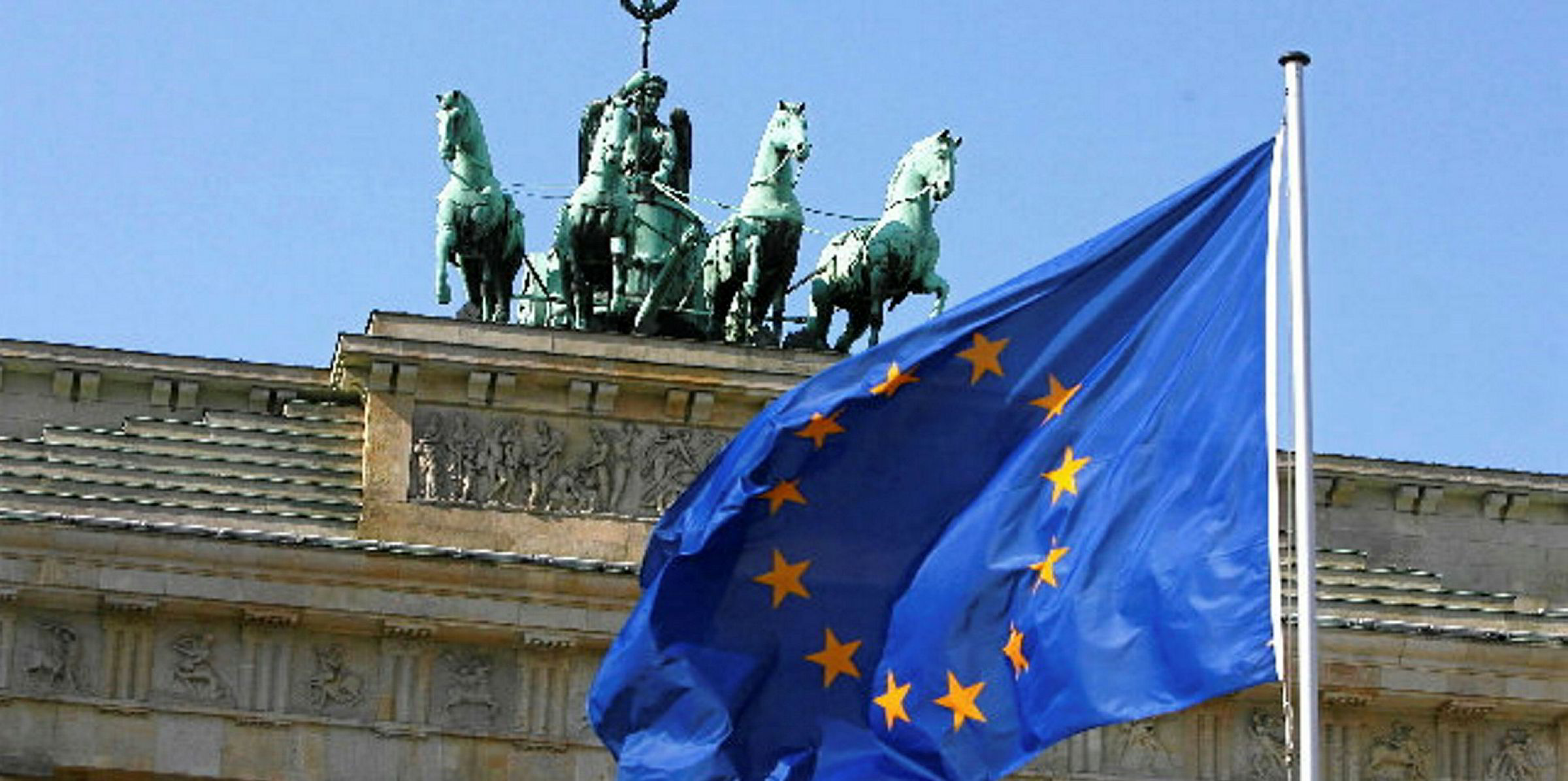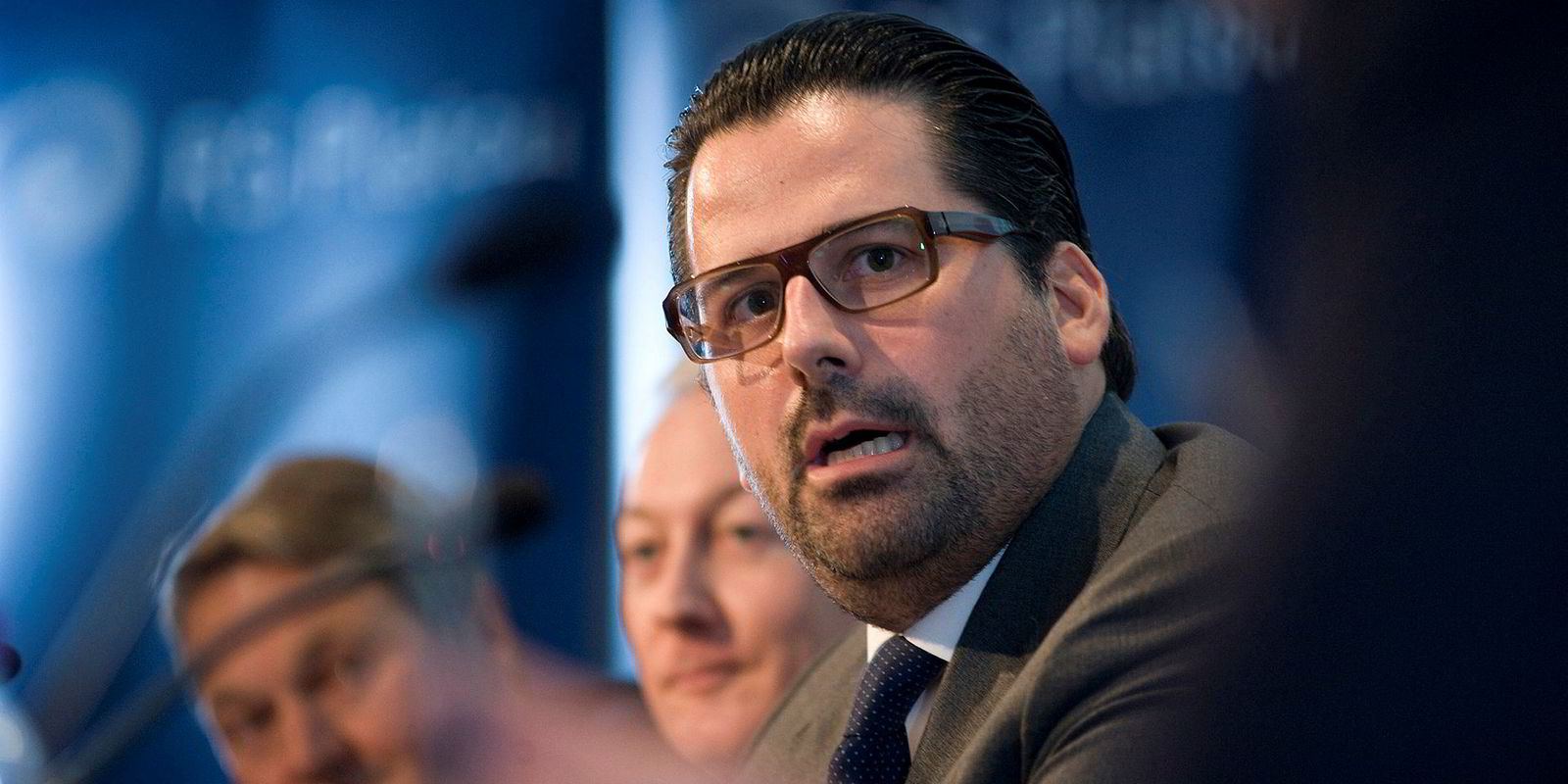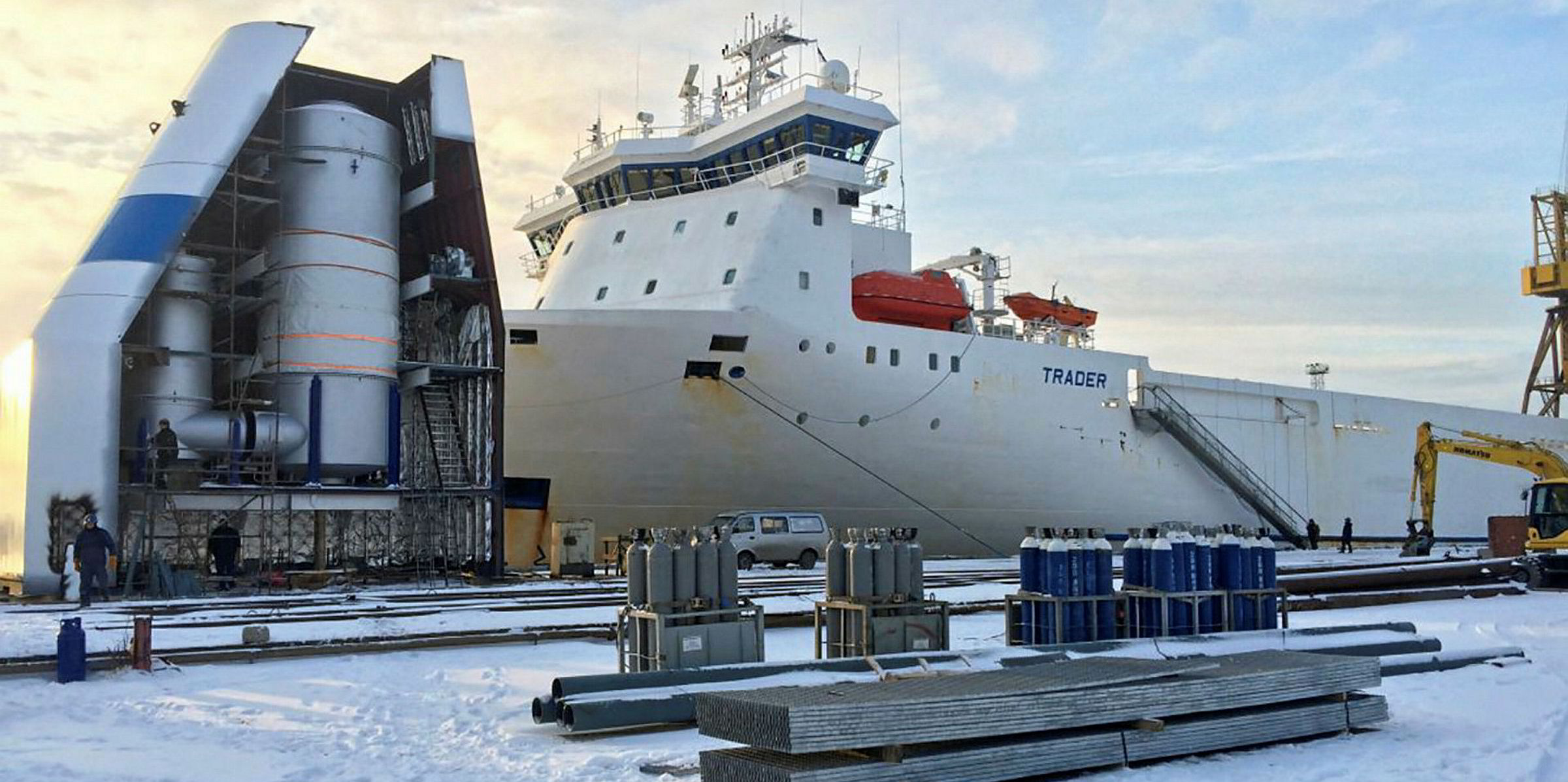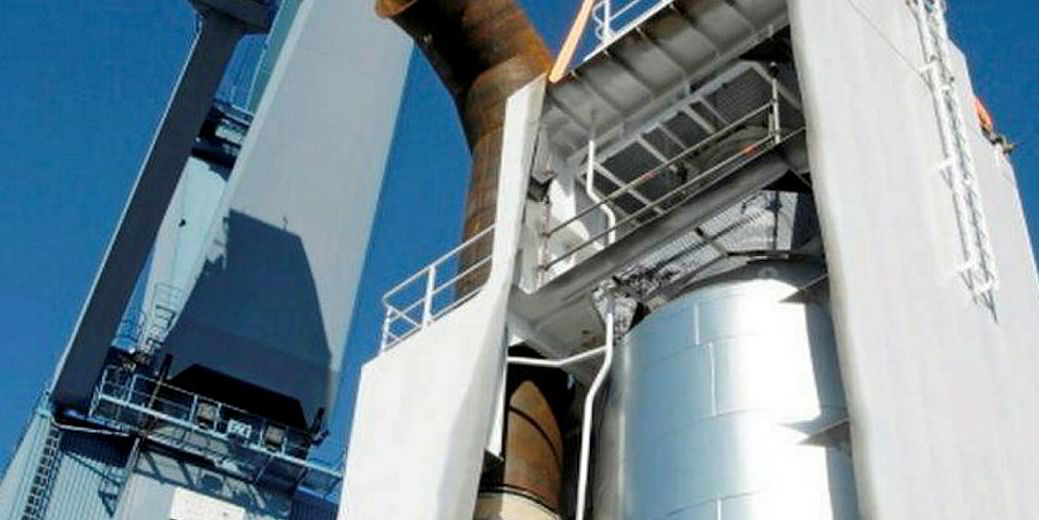IMO rules on exhaust gas scrubbers must be changed as soon as possible to prevent major disruption to the marine environment and shipping industry, the European Commission says in a new report.
“The sooner uniform and unambiguous regulatory measures are developed and adopted, the better the potential pollution will be controlled and the less significant the economic impact will be both on industry and administrations,” the 5 February report from the European Commission secretary-general's office said.
“These measures are therefore considered urgent.”
The 13-page document, based on a December 2018 German study to the IMO, was released on the same week that Scorpio Group called on the regulatory body to stick to its current measures on scrubbers and exhaust emissions.
The Emanuele Lauro-led company plans to spend $122m on installing the exhaust gas cleaning systems (EGCS) on more than 100 ships across its fleets for Scorpio Bulkers and Scorpio Tankers.
Several other major shipping names, such as Genco Shipping & Trading, Safe Bulkers and Maersk, plan on making significant scrubber investments as well to meet IMO’s 1 January 2020 deadline when ship exhaust’s sulphur content must be at or below 0.5%.
Scrubber users have also refuted scientific studies claiming that the devices — particularly effluent from the open-loop type — may harm the marine environment even if they comply with IMO 2020.
The report, signed by secretariat Director Jordi Ayet Puigarnau, was sent to Euroopean Union Council Secretary-General Jeppe Tranholm-Mikkelsen.
The IMO has been in the process of revising its 2015 guidelines regarding scrubbers in preparation for the 2020 mandate.
An IMO subcommittee plans to meet from 18 to 22 February at IMO’s London headquarters to discuss the German study and other submissions from member flag-states and non-governmental organizations.
The IMO’s Marine Environmental Protection Committee then plans to discuss possible revisions to its 2015 scrubber guidelines at its 74th session in London in May.
“The operation by ships of installed EGCS ... are expected to lead to a degradation of the marine environment due to the toxicity of water discharges,” the report said.
“Indeed, due to the composition of the exhaust gases, EGCS effluent contains heavy metals ... nitric and sulphuric acid, nitrates and PAHs.”
PAH stands for polycyclic aromatic hydrocarbons, which are compounds found in coal and tar.
Call for harmony
The report said the expected increase of EGCS installations, while expected to be on about 10% at most of the world’s entire fleet of about 60,000 ships, justifies a “harmonisation” of IMO scrubber rules for the benefit of the oceans and international trade through shipping.
“This new output should make it possible to guide industry as of now with regard to technology choices to avoid having to take retroactive measures in a few years’ time,” the document said.
“These measures could entail but are not limited to applying stricter discharge criteria or the prohibition of discharges from a particular technology.”
The report said 988 scrubbers — almost two-thirds of those installed or on order — will be designed as open-loop systems, which dispense the wash water discharge into the sea.
That 31 May 2018 figure comes from the Exhaust Gas Cleaning Systems Association, an outspoken advocate for scrubbers and scrubber manufacturers.







